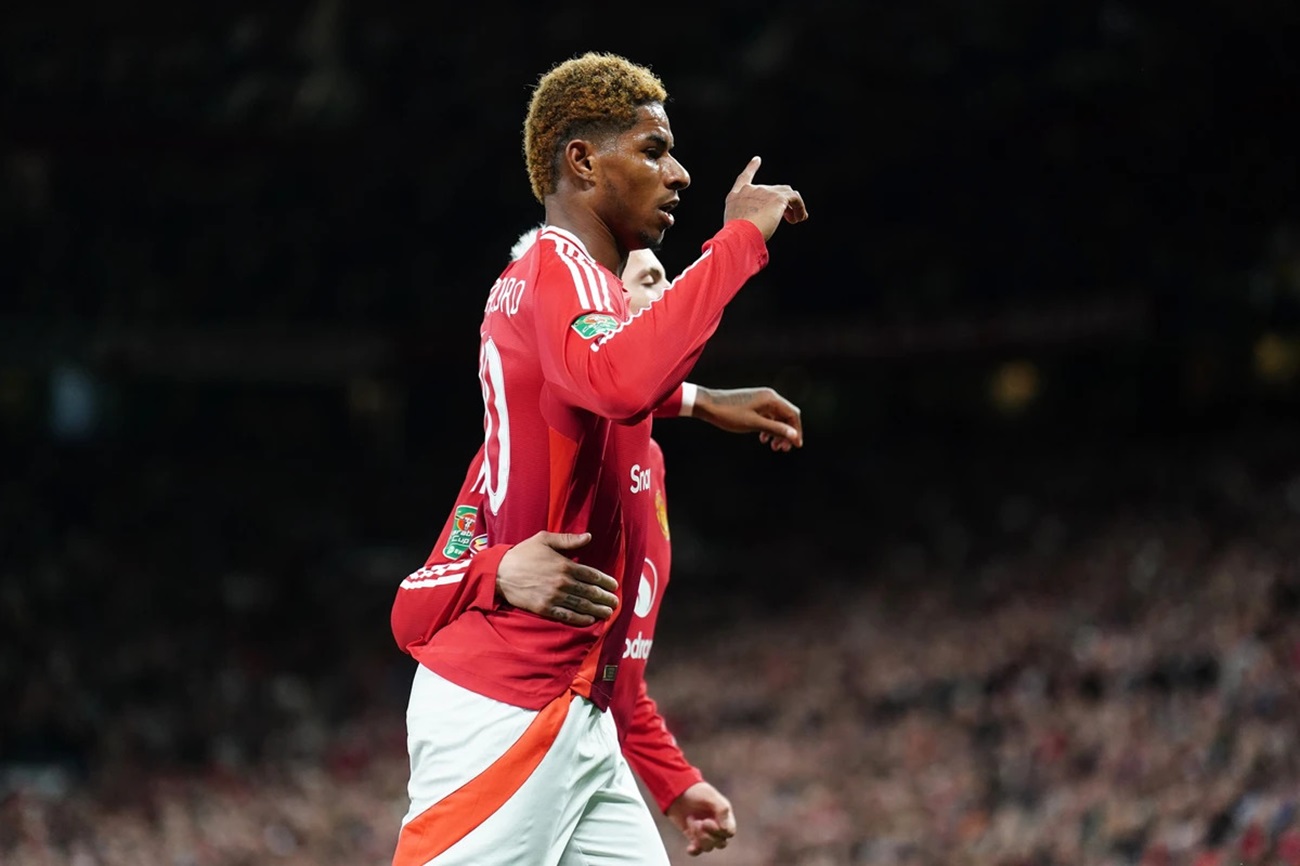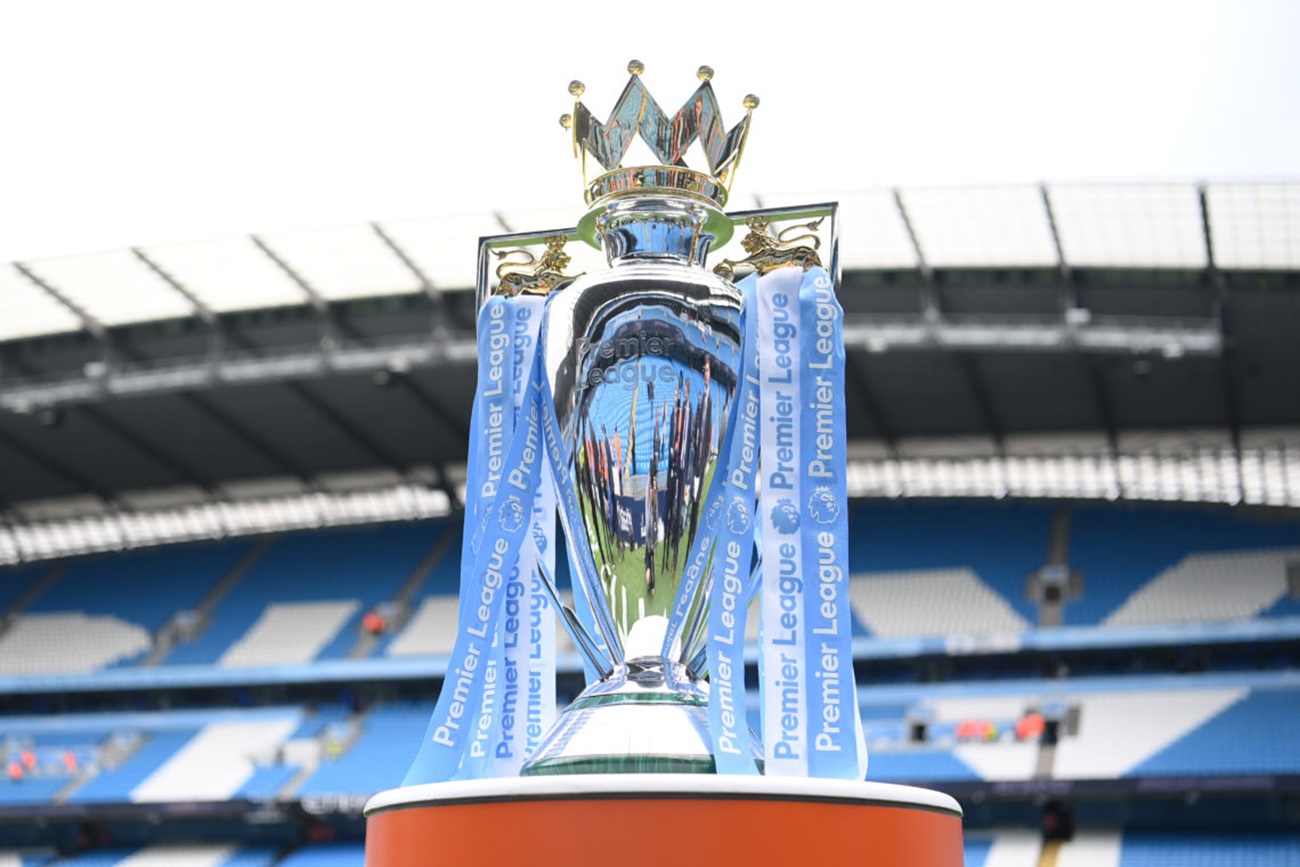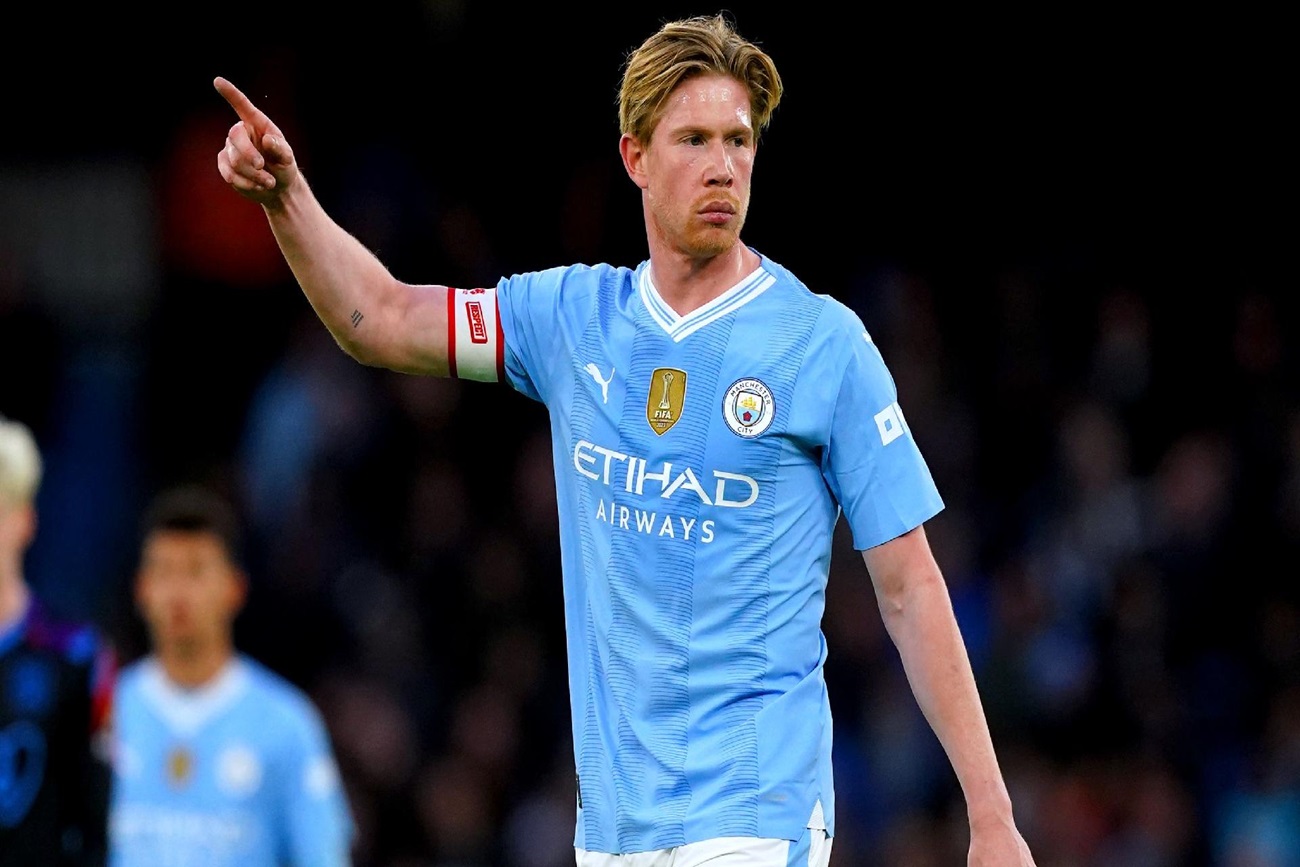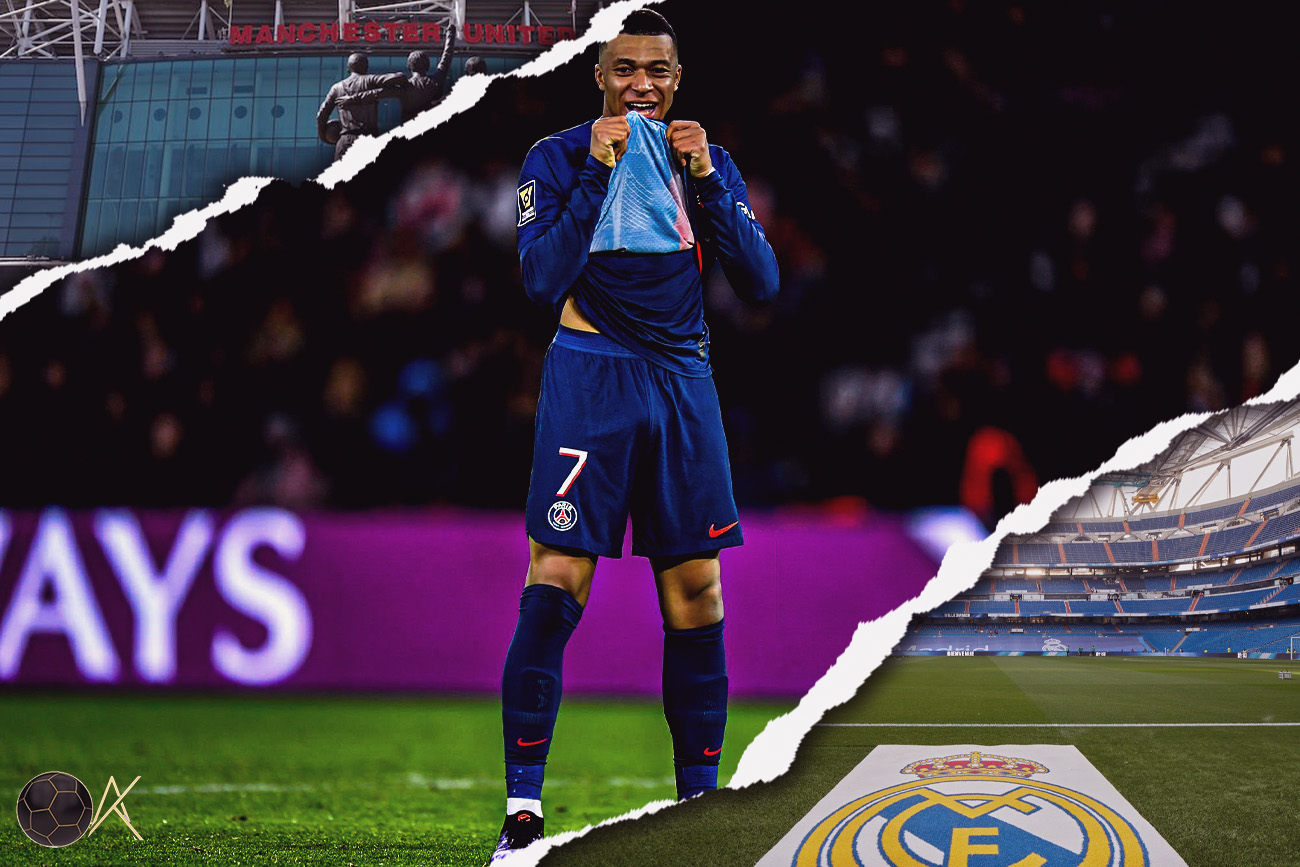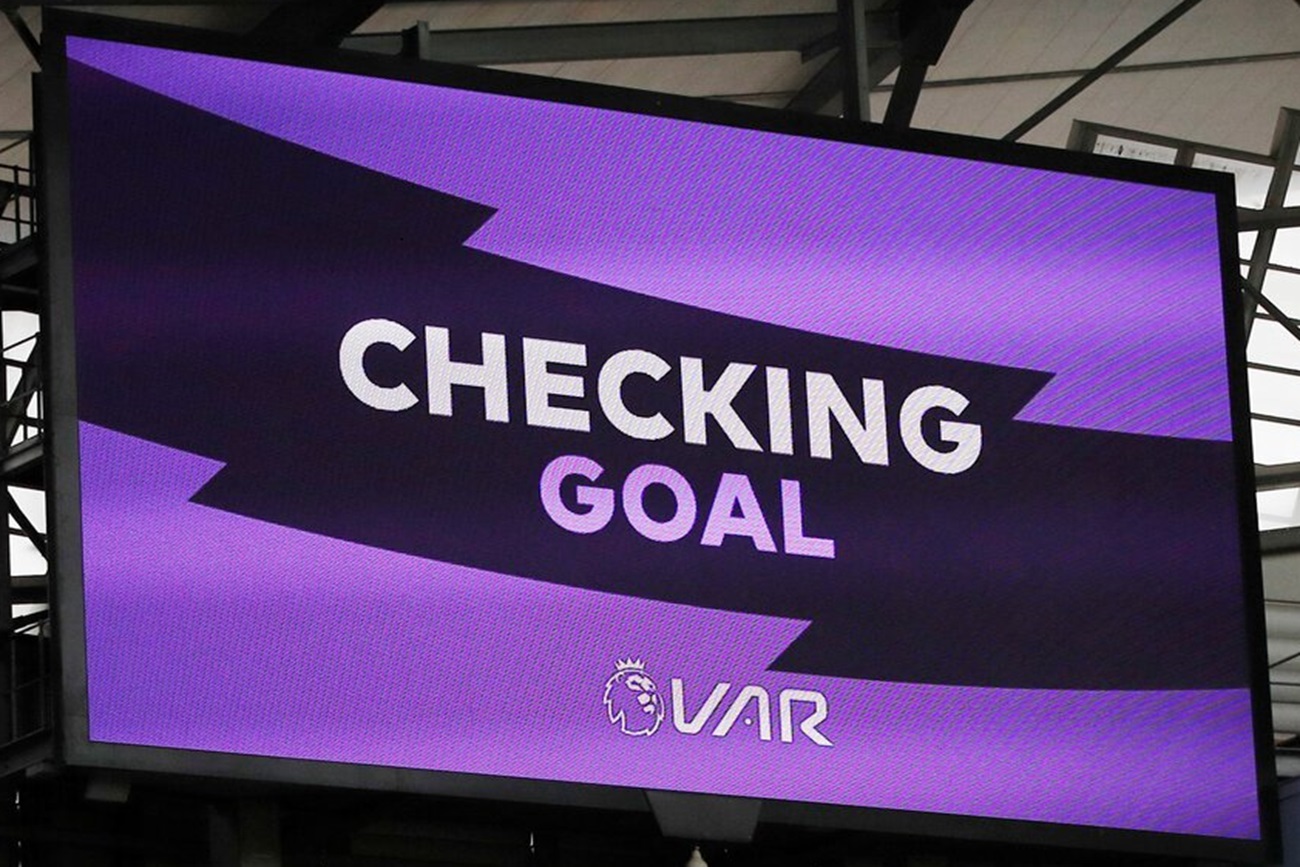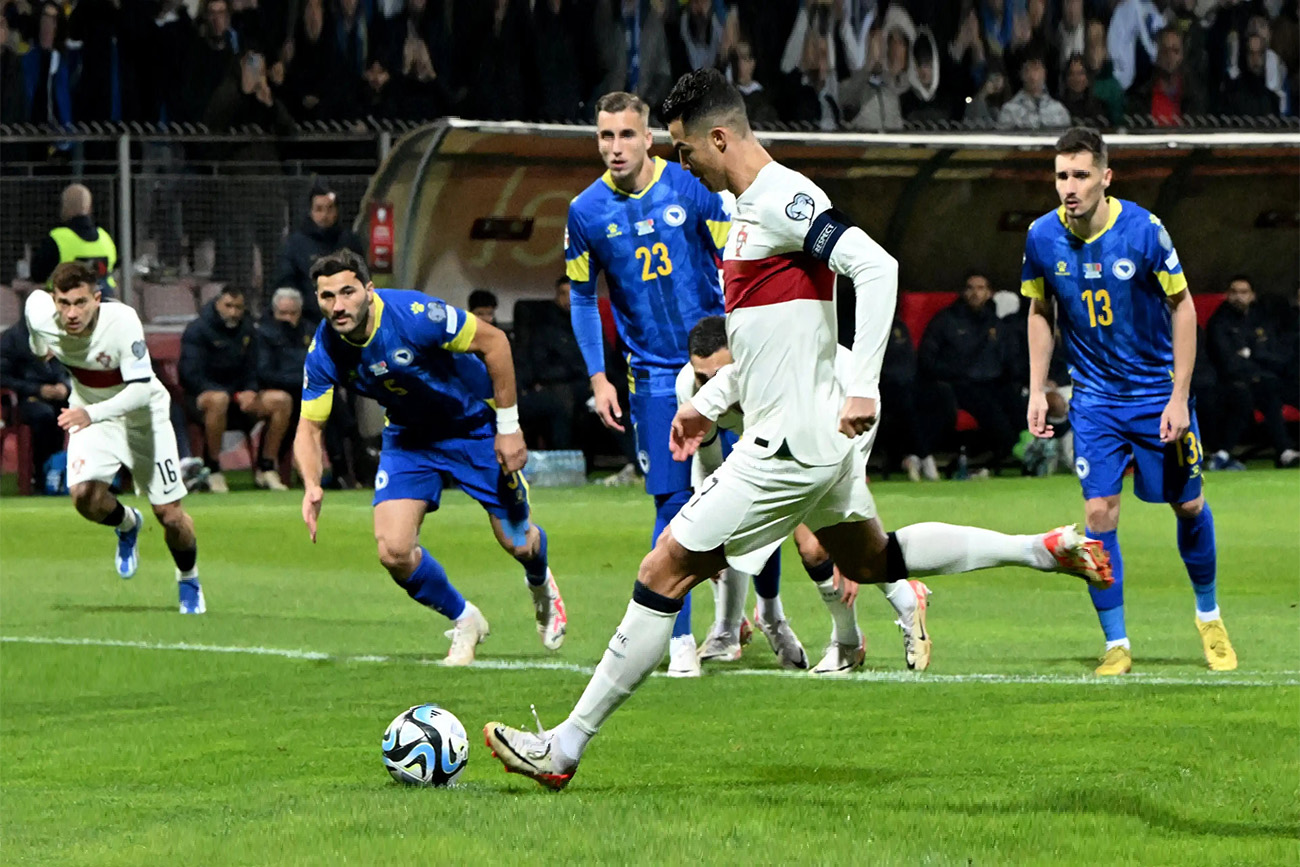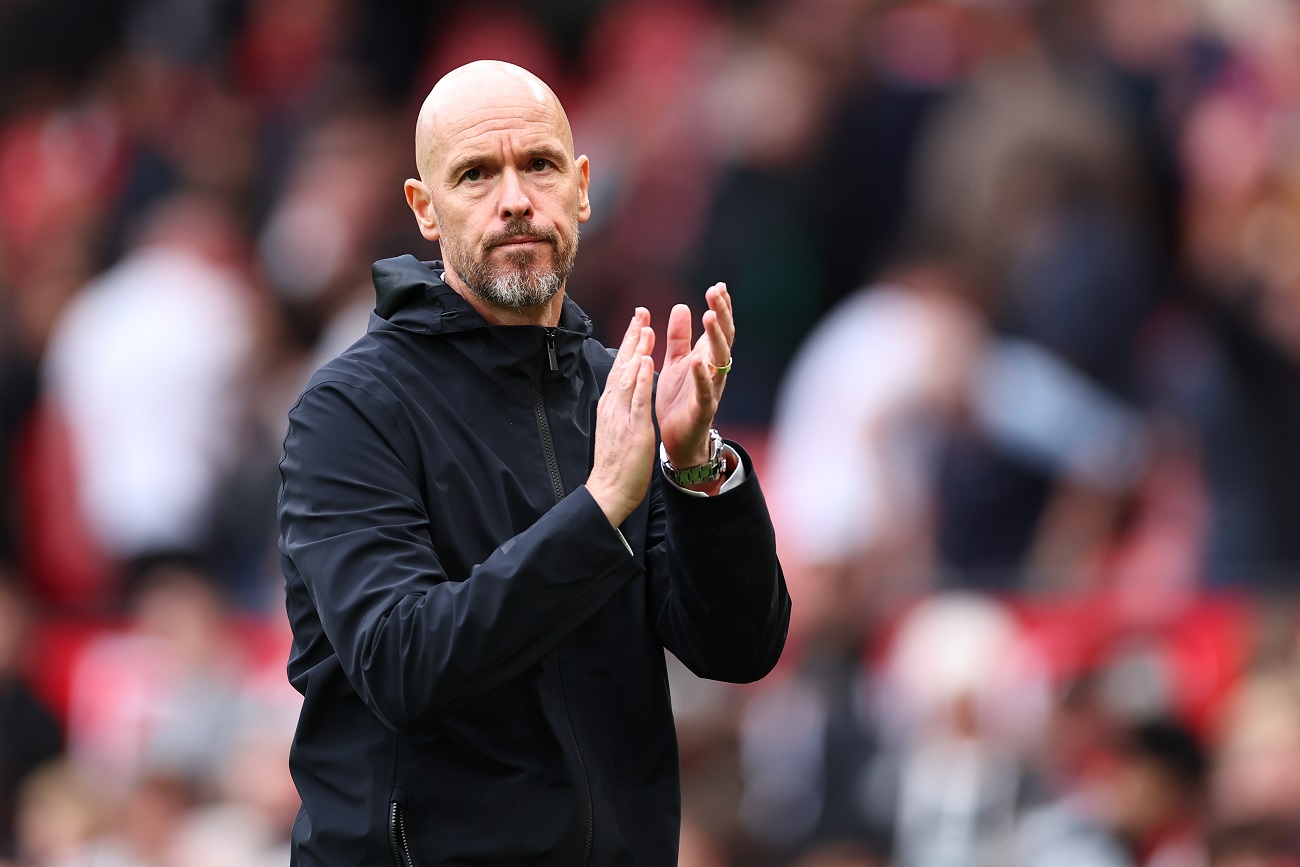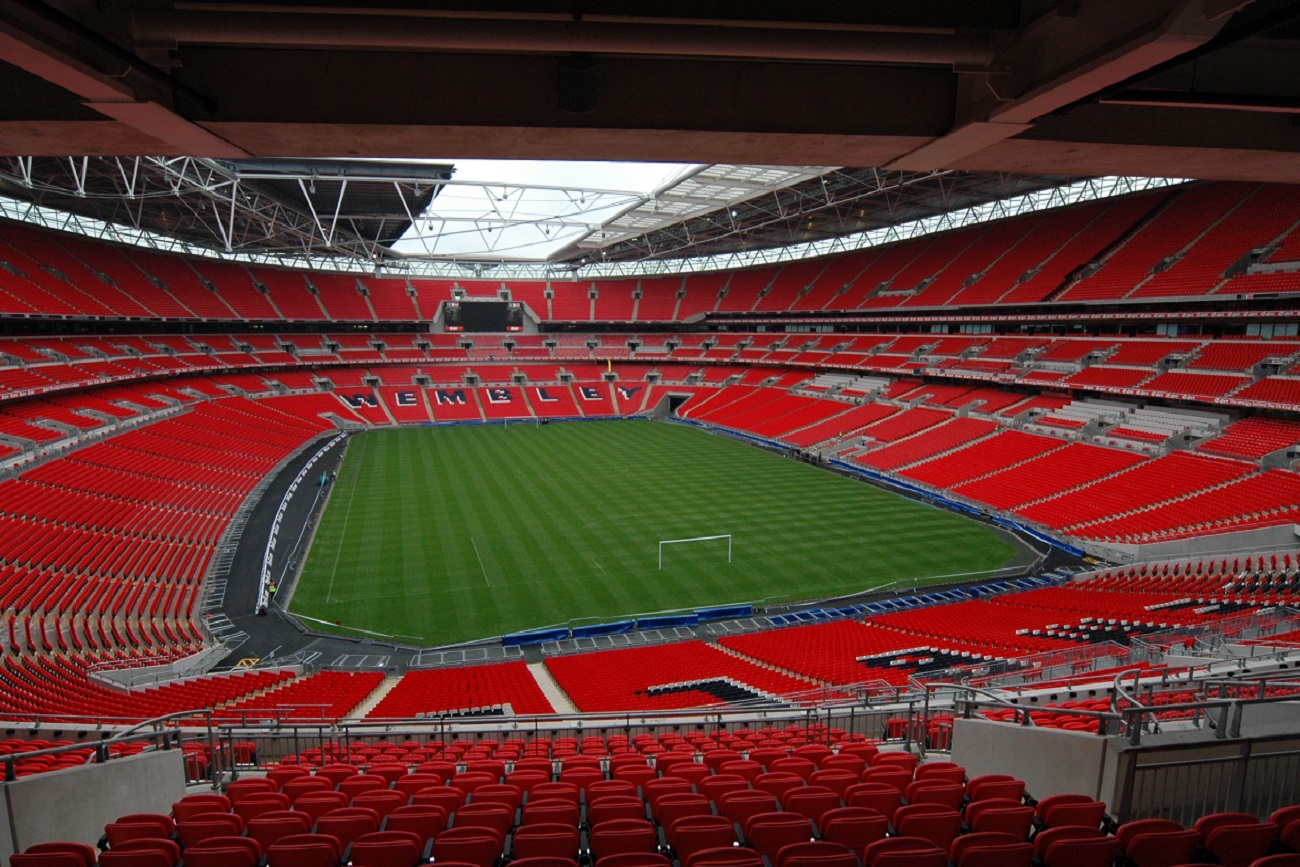
What makes a suitable CEO in a football governing body?
This blog highlights the challenges a CEO may face when running a footballing governing body like The Football Association (FA).
(Image taken from https://blog.cpdfootball.de/2018/03/15/the-fa-selects-silverhub-and-shutterstock-as-photographer-and-distribution-partners/)
The FA is a national governing body in England that oversees most of the operations that take place amongst the football clubs and leagues across the country. They sanction the rule books for football competitions, most notably the Premier League (The FA, n.d). They are also responsible for the regulation of any on-field matters to ensure correct and orderly behaviour is on display to promote ‘The Beautiful Game.’ This blog will consist of a SWOT analysis to determine the strengths and weaknesses within the FA organisation. With all factors considered it can be said the role of a Chief Executive Officer comes with huge responsibility and must be able to handle the pressure to sustain ‘The Beautiful Game’ for years to come.
SWOT Analysis:
STRENGTHS:
· Made football more accessible to different cultures/backgrounds/gender – more diversity
· Receive huge funds from the premier league due to their sponsorship deals – example: Sky and BT sports
· Strong brand value and reputation
· Involved in making communities a better and safer places with accessible facilities.
WEAKNESSES:
· Decrease in power and authority due to the increasing influence of the Premier League
· Organisation poorly structured – described as confusing
· Lack of expertise
OPPORTUNITY
· Restructure the organisation to regain authority
· Find a balance with the premier league to regain some authority
· Super League scandal – showing premier leagues' poor handling of top clubs. Opportunity for FA to stamp down authority and increase their influence on domestic football.
THREATS
· Increase of foreign ownership amongst domestic premier clubs
· Increase in the value of commercialised sponsors between premier league and media
· Premier League having more authority and control due to sponsors and foreign owners – can drive FA out of business and take over domestic football
CEO - What to Expect:
The responsibilities of a CEO are immense and heavy. Especially in the sporting industry where financials are in the regions of millions. Thus being able to show competence in handling and distributing finances and funds will be pivotal as even the smallest mistake will be costly. More importantly, when these funds are involved in some of the plans and strategies such as the County FA plan or the AFA strategic plan.
A Chief Executive Officer of a football governing body will have many strategies and purposes to fulfil in order to satisfy their superiors and English football fans across the world. They must demonstrate leadership and competence in driving the organisation forward as well as working under pressure and scrutiny to overcome inevitable obstacles to maintain the history and integrity of English football.
CEO - What challenges lay ahead?:
The recent rise of the Premier League has managed to provide a massive hurdle for those involved in the Football Association. The Premier League is suggested to have more influence over the FA in their decision-making and other football-related matters. It focuses mainly on one league and has successfully commercialised the league and thus receives huge funds from media sponsors such as Sky Sports. However, the FA focuses on all levels of the game from professional to grassroots. They look to maintain the integrity of the game and are hardly a commercial and global brand like the Premier League. Thus, as a Chief Executive Officer, the main challenge is to maintain a steady relationship with the Premier League as they provide funds along with the Government for them to carry out their grassroots project. Furthermore, retaining the authority over governing football while keeping the integrity of football intact.
Following the astronomical rise in popularity and authority of the Premier League, it began to attract a lot more foreign ownership of the 20 teams participating in the league. The power and wealth of these foreign ownerships helped accelerate sponsorship deals with television and the media (Bower, 2007). This has managed to ‘save English football from its mourning debts’ as stated by Bower (2007). It emphasises how these foreign owners have given the Premier League authority over the Football Association in recent times. However, the reputation at the FA is their stubbornness to reform (Bower, 2007) and prevent a complete foreign takeover of English football, which seems inevitable. Hence, as a CEO of the FA, it must be assessed whether a change in structure is necessary in order to regain the trust of English fans. As well as providing them with confidence that the Football Association is a capable football governing body.
As mentioned before, it is essential to decelerate the falling standards and opinions on the authority and structure of the Football Association. This hurdle stems from the loyal fans of English football across the world. An organisation with the stature of the Football Association should incorporate the fans in decisions relevant to the future of English football. They are what make the ‘The Beautiful Game’ so special on a global compass. Therefore, for a Chief Executive Officer, it is crucial to get the fans of English football back onside with the organisation. This will prove to be a challenge due to the majority favour of the Premier League.
In the football industry, the emotions of fans and players make the game recognised as "the beautiful game." Hence, maintaining a satisfactory relationship with the public and media is crucial in ensuring a prosperous future for the company. This feeds into the relations with business partners and contractors who are a key element in support and service to help bolster the success of the company. Therefore a clear communication link must be kept with them to create a sustainable partnership.
However, some circumstances cannot be avoidable. Notably, the recent pandemic affected many businesses around the world. This tragic period slowed down the revenue of many British clubs due to the lack of fans in arenas. As well as the cancellation and postponing of many domestic competitions, professional to grassroots football. Hence the challenges faced by the organisation were astronomical with pressure being mounted on how to generate the income of revenue.
Thus, as a CEO of the FA unforeseen circumstances will be a challenge that should be handled with care and competence to provide confidence to the public and the staff that a challenge is nothing more than an opportunity for the company to drive forward.
Summary:
In summary, the SWOT analysis has provided a strong basis on what the Football Association needs to drive forward as well as the major competitors to overcome to reach their targets.
A major challenge that was highlighted was the dominance of the Premier League, which has been evident since its formation in 1992. The popularity further rose in more recent years due to the large funds and the escalation of foreign owners within the domestic clubs involved. However, as a CEO of a national sporting governing body, it is to be expected that resistance and competition are inevitable and necessary. These will help bring out the best capabilities of an individual, to work under pressure, communicate clearly, competence in handling staff and consumers, and provide confidence to all that they are a reliable and capable leaders. In turn, these essential qualities of a CEO should allow the organisation to develop and prosper for years to come.
The football industry is filled with unpredictability and circumstances that are unavoidable. As mentioned, the struggles of the recent pandemic that impacted numerous businesses globally. Therefore, a CEO of a national sporting governing body, unanticipated events will provide a substantial test to portray the competence of the individual as they must give certainty to their consumers, partners, and their own staff that they can drive this organisation forward.

